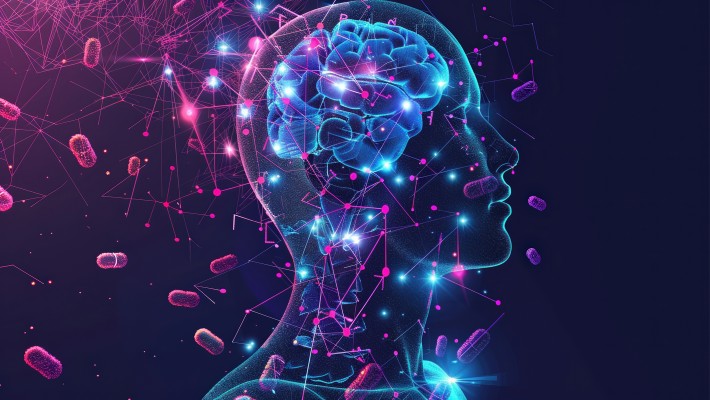Primary male hormone shapes generosity and self-worth, a PolyU study reveals
Have you ever wondered why some men seem more generous or confident than others? Scientists at PolyU have been investigating how hormones, especially testosterone, affect these traits. Their research reveals that our biology plays a significant role in shaping how we think and interact with others.
The team led by Professor Wu Yin, Associate Professor of the PolyU Department of Applied Social Sciences, found that testosterone, a primary male hormone, impacts social behaviour. In their study, healthy young men were given a single dose of testosterone or placebo gel. The participants then completed tasks measuring their generosity, state self-esteem, sensitivity to angry facial expressions, aversion to inequality, prosocial learning and aggression.
One key discovery was that higher testosterone levels may lead to increased selfishness, especially towards people who are more distant. Using pharmacological manipulation and functional magnetic resonance imaging (fMRI), the researchers found that testosterone reduced activity in the temporoparietal junction (TPJ), a region in the brain linked to social cognition. This suggests that testosterone can make people more self-focused and less concerned about others, reducing empathy in economic decision-making.
Professor Wu said, “Leveraging cutting-edge neuroimaging facilities, we have been able to make new discoveries in this area. However, key questions remain, such as how testosterone affects economic decision-making or how the stress hormone cortisol shapes social preferences like altruistic behaviour. Our team is investigating these complex dynamics to drive impactful outcomes.”
The research, conducted with scholars from Peking University, Shenzhen University, South China Normal University and the University of Zurich, was published in Proceedings of the National Academy of Sciences (PNAS). Professor Wu received the Second-class Award under the 9th Higher Education Outstanding Scientific Research Output Awards (Humanities and Social Sciences) by the Ministry of Education of China for his work.

Prof. Wu Yin has been honoured by the Ministry of Education of China for his research on the neurocognitive correlates of testosterone in the brain function of young men.
In another study, Professor Wu’s team found that testosterone can also boost a person’s state self-esteem, which is important for mental health. Low self-esteem is linked to conditions such as anxiety, depression and eating disorders. The research suggests that, in supportive environments, a single dose of testosterone could help people feel better about themselves and cope with social challenges. However, the researchers caution that testosterone replacement therapy should be used carefully, as chronic use can have side effects. They recommend combining exogenous testosterone with behavioural interventions to enhance state self-esteem.
The PolyU team has collaborated with scholars from East China Normal University, the University of California San Diego and University of Zurich in the research. The findings were published in the international journal Biological Psychiatry: Cognitive Neuroscience and Neuroimaging.
Professor Wu hopes these findings will help in developing public health policies and strategies that foster positive community environments and promote mental health and well-being. He is also collaborating with PolyU’s Department of Aeronautical and Aviation Engineering to study how hormones affect pilot flying performance, supporting airlines in recruiting and training cadet pilots.






